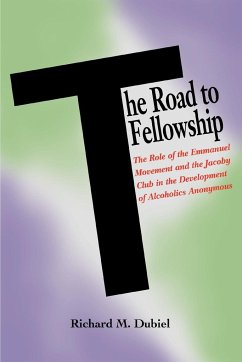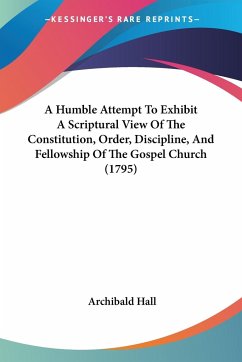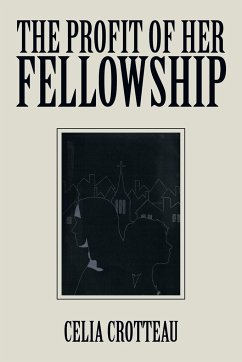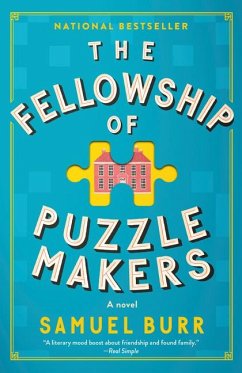
The Road to Fellowship
The Role of the Emmanuel Movement and the Jacoby Club in the Development of Alcoholics Anonymous
Versandkostenfrei!
Versandfertig in 1-2 Wochen
15,99 €
inkl. MwSt.

PAYBACK Punkte
8 °P sammeln!
The Emmanuel Movement and the Jacoby Club, founded in Boston in 1906 and 1909, were enormously popular movements, which had thirty years of impressive success in treating alcoholics. Like Alcoholics Anonymous, they were also based on fellowship among recovering alcoholics and involved a synthesis between lay psychological counseling and spirituality. Professor Dubiel shows us the many dimensions of that fascinating world of early twentieth century thought, which supplied such an important part of the cultural seedbed out of which the founders of A.A. gathered their ideas. He also traces the in...
The Emmanuel Movement and the Jacoby Club, founded in Boston in 1906 and 1909, were enormously popular movements, which had thirty years of impressive success in treating alcoholics. Like Alcoholics Anonymous, they were also based on fellowship among recovering alcoholics and involved a synthesis between lay psychological counseling and spirituality. Professor Dubiel shows us the many dimensions of that fascinating world of early twentieth century thought, which supplied such an important part of the cultural seedbed out of which the founders of A.A. gathered their ideas. He also traces the indirect influence of the Emmanuel Movement on early A.A. through Rowland Hazard III and Richard R. Peabody, and the more direct influence of the Jacoby Club through early Boston A.A., which began in 1940 in the Jacoby Club quarters at 159 Newbury Street and was originally linked to them rather than the Oxford Group. The influence of this Boston-style A.A. was subsequently passed on to the rest of the United States through the second most published A.A. author, Richmond Walker and his Twenty-Four Hours a Day book.














